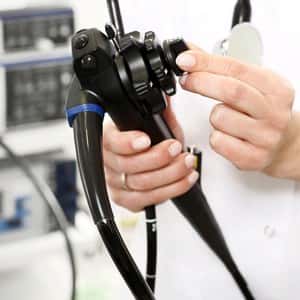
Most of the time, studies on how frequently cancer occurs focus on specific diagnoses, such as lung cancer or colon cancer. Several years ago, scientists detected a disturbing trend in the rates of rectal and colon cancer. After declining for decades, rates of these common malignancies started to rise, especially among younger individuals. Now, epidemiologists and biostatisticians have more bad news for Gen Xers.
Generation X Sees Cancer Rates Climb:
A recent study looking at cancer rates in cohorts born between 1908 and 1983 analyzed data from a cancer registry called the Surveillance, Epidemiology, and End Results (SEER) Program (JAMA Network Open, June 10, 2024). These show that people born between 1965 and 1980, aka Generation X, have higher rates of many types of cancer than any previous generation. That includes their baby boomer parents.
There is some good news. Rates of lung and cervical cancer have fallen. Unfortunately, the rates of other types of cancer, including those of the colon, rectum, thyroid, kidney, uterus and pancreas, have increased in this younger cohort.
The authors conclude that
“…decreases in lung and cervical cancers in Generation X may be offset by gains at other sites. Generation X may be experiencing larger per-capita increases in the incidence of leading cancers than any prior generation born in 1908 through 1964. On current trajectories, cancer incidence in the US might remain high for decades.”
Younger People Are Being Diagnosed with Colon Cancer:
An overall reduction in colon cancer might be in part because of screening through colonoscopies. Most such cancers occur in middle-aged and older people. The usual recommendation is for people at average risk to have a colonoscopy at age 50 and one every 10 years after that.
An alarming new trend has recently been detected (Journal of the National Cancer Institute, Feb. 28, 2017). People born after 1990 are at double the risk of colon cancer and four times the risk of rectal cancer. These individuals are still young when their cancers are diagnosed. While the absolute risk remains low, this increase is dramatic and worrisome. As a result, the US Preventive Services Task Force shifted its colon cancer screening recommendation in 2021. Although the evidence is not quite as strong as for those over 50, the USPSTF recommends screening for people between 45 and 49 years old as well.
Until recently, physicians did not normally screen young people for colorectal cancer. Unless a young person had significant symptoms, he or she might not undergo a colonoscopy. As a result, the diagnosis of colon cancer could be delayed. This has implications for treatment as well, since a delayed diagnosis could mean a more advanced cancer.
Preventing Colon Cancer:
These alarming data suggest that it is more important than ever for young people to avoid junk food, eat their vegetables and get regular exercise. People who do not smoke and who maintain a healthy weight may be able to keep their risk relatively low.
Citations
- Rosenberg PS & Miranda-Filho A, "Cancer incidence trends in successive social generations in the US." JAMA Network Open, June 10, 2024. DOI: 10.1001/jamanetworkopen.2024.15731
- Siegel RL et al, "Colorectal cancer incidence patterns in the United States, 1974–2013." Journal of the National Cancer Institute, Feb. 28, 2017. https://doi.org/10.1093/jnci/djw322

